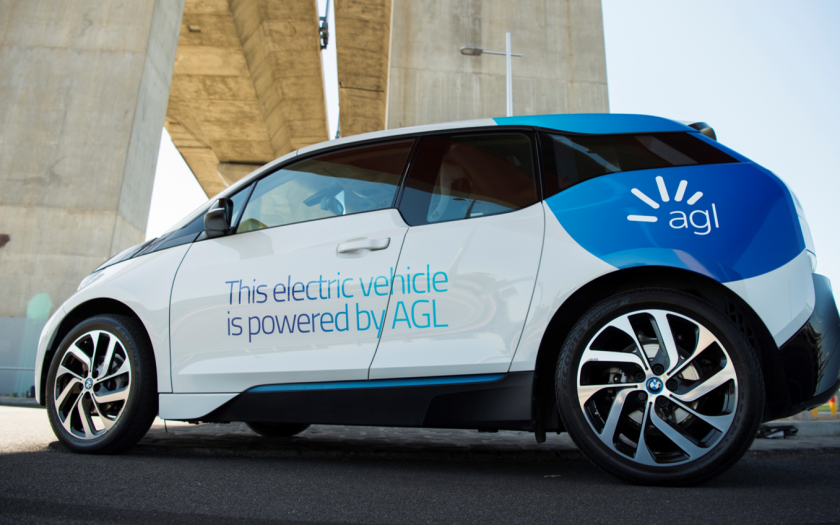IT SEEMS PRETTY CLEAR to us that electric vehicles (EVs) simply won’t become widespread unless there are incentives to encourage us to adopt them.
These feelings have been confirmed by a recent study by ACA Research, conducted on behalf of AGL. While the study looks at fleets and their buying intentions, many of the findings are equally applicable to private buyers.
The largest study of Australia’s fleet marketplace on electric vehicle (EV) adoption has found limited action from Federal Government, high purchase costs and limited availability as leading causes for the slow adoption of EVs within Australia. This is even more relevant with the announcement by the SA state government that it will be applying a tax on EVs, a move sure to be replicated in other states.
Many organisations have set targets to become carbon neutral but given transport emissions contribute almost 18 percent of Australia’s total emissions, converting their fleet is going to be challenging.
Earlier this year the Australasian Fleet Management Association and the NSW Department of Planning, Industry and Environment worked together to take the pulse of organisations to understand:
- Where they are in their EV journey?
- Are there any barriers and roadblocks they are encountering?
- What assistance do they need to transition to zero emissions vehicles?
The study heard from 177 organisations representing many industry verticals and levels of government who control almost 70,000 vehicles.
Thanks to ACA Research and support from AGL (Australia’s largest private investor in renewable energy), AfMA’s Electric Vehicles in Business Fleets Report has been prepared and is available free. You can read the full report here.
The information and insights in this report are designed to provide a status check for organisational transition to zero emissions vehicles, inform and empower suppliers of products and services to Australian fleets, as well as policy makers at all levels of government.
Key Findings:
- Larger fleets are most likely to have reached a higher level of EV maturity
- Challenges stopping fleets from implementing EVs earlier are as follows –
-
- EV purchase cost (60 percent)
-
- cost of setting up workplace infrastructure (45 percent)
-
- limited choice (34 percent)
- Less than a third of respondents are currently operating electric vehicles; this suggests most are still reviewing the suitability of these vehicles for their fleets.
- Despite COVID, 53 percent of respondents indicated their purchase decisions are business as usual whilst 25 percent said it’s watch and wait.
